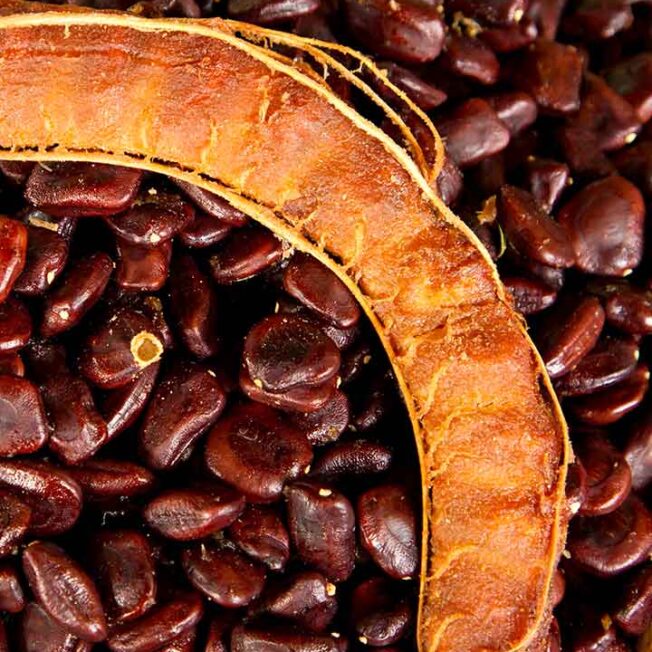For years, we recognized dietary preferences as follows: omnivorous, pescatarian, vegetarian, and vegan. Our diets are not as black and white as they may seem, with pressure put on the individual to live a certain way, thus creating the necessity for a “reducetarian diet,” This dietary practice focuses on the reduction of the amount of meat we consume for the benefit of our health and the environment, rather than the total removal.
What does “reducetarian” mean?
The term “reducetarian” was penned by Brian Kateman, who founded the Reducetarian Foundation in 2015. Kateman created the term “reducetarian” to refer to an individual actively and intentionally trying to reduce their personal consumption of animal products, including dairy, eggs, fish, meat, and poultry.
By taking a reducetarian approach to our diets versus defining ourselves as one singular dietary practice, we grant ourselves the freedom and flexibility to explore a more plant-based diet without the strict commitment while still cutting down on meat consumption. Still, reducetarianism includes vegetarians, vegans, and any dietary practices that remove or reduce the amount of animal products consumed.
What benefits does it provide to our health and the environment?
While there are numerous health benefits when eating meat, there are also benefits – both for our health and the state of the environment – that come along with the reduction of consumption of animal products, too. When it comes to our physical health, reducing the consumption of meat can help lower the risk of health conditions, especially those related to the heart, since meat contains cholesterol and saturated fat. The risks include heart disease, high cholesterol, hypertension, obesity, stroke, and type 2 diabetes, in addition to several types of cancers.
Animal products are also harsh on the environment globally. Across the globe, animal products use up 83% of farmland, while the production of animal-based foods — mainly beef — is responsible for nearly 50% of the food system’s greenhouse gas emissions. Additionally, cattle use a host of environmental resources far exceeding what they produce in terms of edible food products for humans, with cattle using nearly 45% of grain produced in the United States. Livestock production can also contaminate freshwater supplies and contribute to “dead zones,” which refers to a reduced level of oxygen present in the water.
How can we practice a reducetarian diet?
Because a reducetarian diet provides flexibility rather than an all-or-nothing approach to our eating habits, we can make small, intentional changes to make a larger impact in the long run.
Adopting a reducetarian diet isn’t about changing overnight to eating animal products daily. Start small for a more sustainable experience – try to incorporate one meatless meal a week. Take the time to look for vegetarian or vegan recipes online and find one that suits your taste so you’re still enjoying the food that you’re consuming. Once you’re comfortable making the small weekly change, there’s room for opportunity to expand your meatless meals even more frequently throughout the week.
Just because we might be reducing animal products – including meat – in our diets doesn’t mean we’re entirely ridding our lives of protein. There are plenty of plant-based proteins, including beans and legumes, grains such as barley, oats, farro, or quinoa, lentils, nuts and seeds including peanuts and sunflower seeds, as well as soy products such as edamame, tofu, or tempeh. Even if you still eat meat, avoid overeating by avoiding oversized portions and sticking to lean cuts.
When selecting plant-based foods and alternatives for our diet, it’s important to focus on high-quality, whole plant-based foods rather than some of the current processed options. This can include beverages like coffee, tea, and water, condiments including lemon juice, nutritional yeast, soy sauce; fruits and vegetables, healthy fats, legumes, plant-based proteins, seeds, spices, and starchy vegetables like potatoes and butternut squash.




















